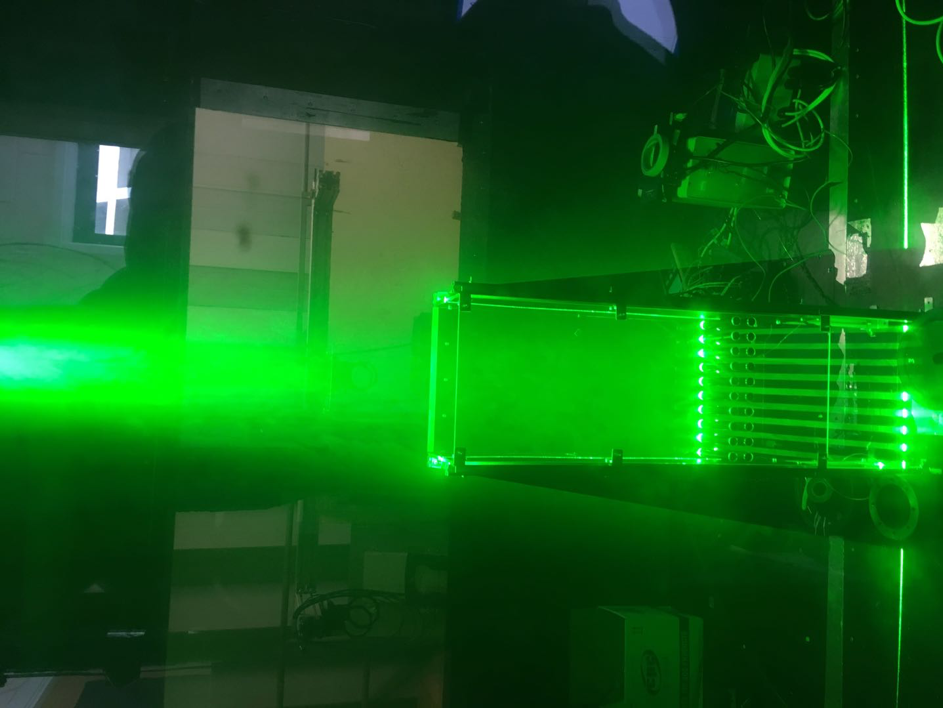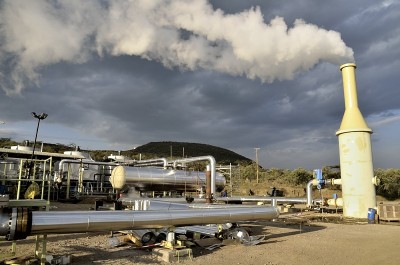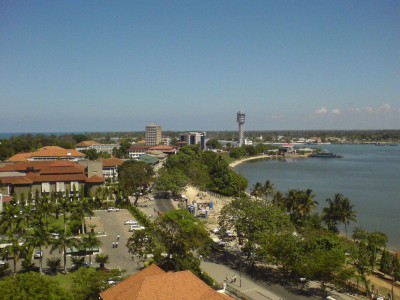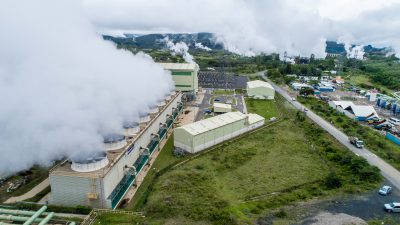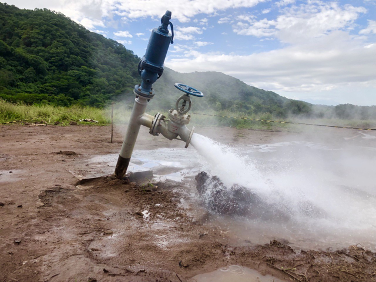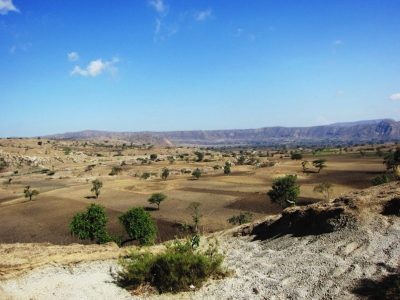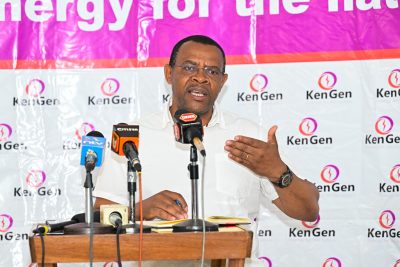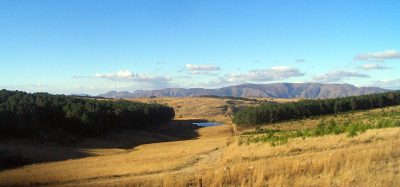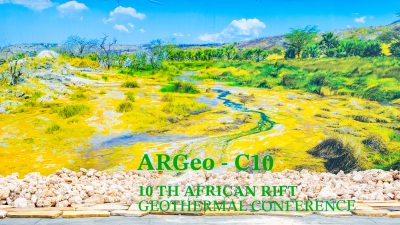Combi-Gen: combining power and freshwater generation for Eastern Africa
Research project Combi-Gen aims to reduce East-African energy shortage and water-scarcity with simultaneous geothermal freshwater and power generation.
In the past years, co-production of minerals or hydrocarbons is receiving increasing interest as a method to enhance financial competitiveness of geothermal development. Adding a new dimension to this trend is the research project Combi-Gen that aims to develop new technology to co-produce geothermally sourced freshwater and power for East Africa.
In this co-production concept, flash vapour coming from a turbine is condensed into freshwater. A main goal of the Combi-Gen research is the development of a thermal chimney-driven, air-cooled condenser for this new condensation process step. Other goals of the project include resource characterisation and assessment of the chemical composition of geothermal source waters of the Gregory Rift Segment of the East African Rift System, including data analysis from the Aluto-Langano field in Ethiopia. Finally, a social science component aims to understand public perception of the development of geothermal energy technology in the global south, focusing on socio-ecological aspects. This component will also consist of comparison of concerns expressed by geothermal experts and Ethiopian and Kenyan residents.
Lack of safe and clean water is a long-standing challenge in much of Africa, especially in Ethiopia and Kenya. Around 50 million people in Ethiopia and some 27 million people in Kenya have limited or no access to safe water drinking water. In addition, geothermal resources in both countries are underdeveloped. While their geothermal resources could potentially support tens to hundreds of GW’s of geothermal electricity generation, Kenya has an installed capacity of nearly 850 MW, and Ethiopian geothermal exploration has only resulted in ten companies receiving development licenses so far. Combi-Gen’s new approach to geothermal co-production represents an opportunity to promoting economic development in both countries by addressing the challenges of freshwater scarcity and underdevelopment of geothermal resources.
The project is funded by UK funding body EPSRC with £1.341.747. Research commenced in May 2017 and the project is currently in its final year with the finish line set at June 2020. Nine partners collaborate in the project from the UK, China, Ethiopia and New Zealand. Partners include: University of Glasgow, Scottish Power Ltd, Huazhong University of Science and Technology, Tianjin University, Xian Jiaotong University, Cluff Geothermal Ltd, ARANZ Geo Ltd, the Planet Earth Institute and Addis Ababa University.
Source: Combi-Gen website.
We thank Cees Willems of the University of Glasgow for the article.
